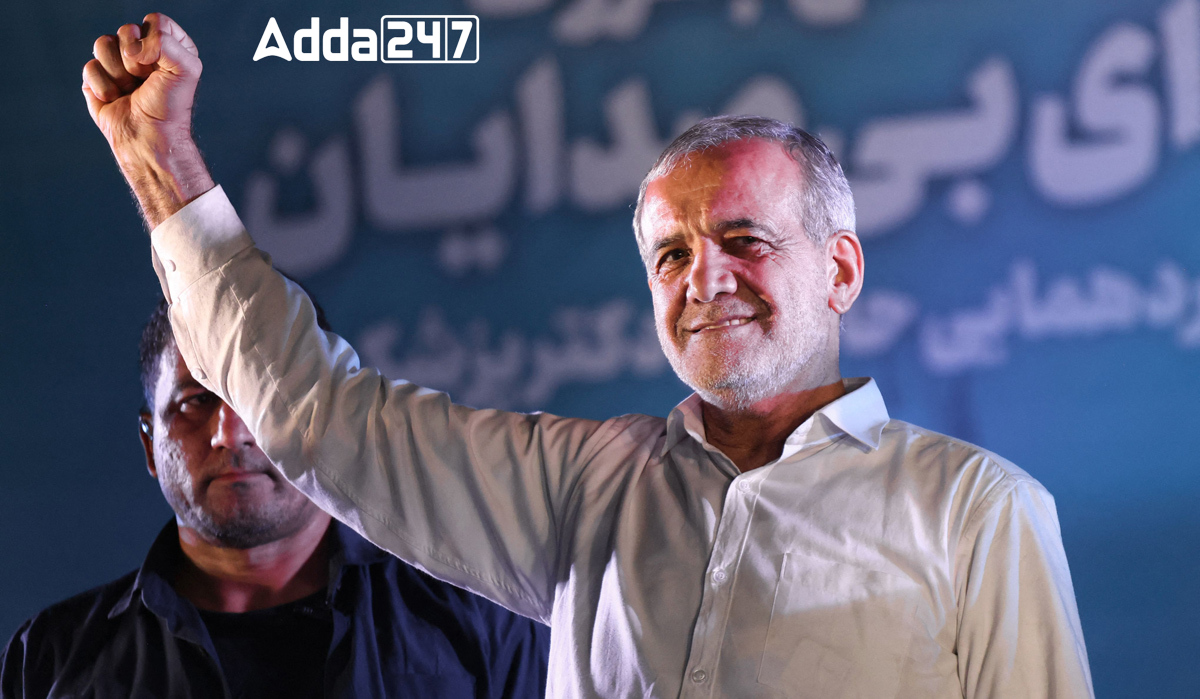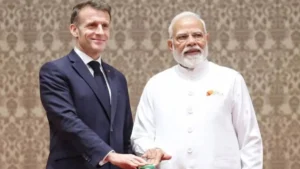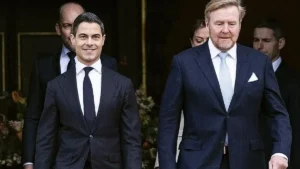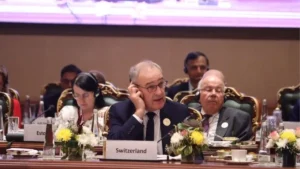Masoud Pezeshkian, a seasoned lawmaker and cardiac surgeon, has emerged victorious in Iran’s presidential election, defeating hardliner Saeed Jalili. Known for his support of both domestic and international reforms, Pezeshkian’s presidency signals a shift towards more pragmatic and reformist policies. However, the dynamics of Iranian politics, where hardliners still hold significant power and Supreme Leader Ayatollah Ali Khamenei retains ultimate authority, will challenge Pezeshkian’s ability to implement his vision. Despite this, his win reflects a public desire for change after dissatisfaction with previous hardline policies.
India-Iran Ties
India and Iran have historically enjoyed strong economic ties, which are likely to deepen under Pezeshkian’s presidency. Key projects include the strategic Chabahar Port, where India has already invested significantly. This port is crucial for trade with Afghanistan and Central Asia, bypassing Pakistan. India has pledged $120 million for the development of the Shahid-Beheshti Port terminal and offered a $250 million credit line for infrastructure projects in Iran. Additionally, Iran remains a key source of crude oil for India, and increased exports from Iran could provide India with a reliable and cheaper source of oil amid Western sanctions.
Regional Security
Pezeshkian’s approach to regional security will be closely monitored by New Delhi. His stance on maintaining the “Axis of Resistance” against Israel and siding with forces opposed to “the Zionist regime” could impact India’s delicate regional diplomacy. This includes ongoing cooperation in the International North-South Transport Corridor (INSTC), a multi-modal transportation route connecting India to Russia via Iran, enhancing trade connectivity and bilateral ties for regional stability.
Iran Elections
The election followed the death of former President Ebrahim Raisi in a helicopter crash on May 19 and saw the lowest voter turnout since the 1979 Islamic Revolution, with only 39.92% of eligible voters participating. Despite predictions of higher turnout, polling centers saw modest lines and a heavy security presence, reflecting heightened regional tensions. Recent events, including Iran’s first direct attack on Israel and intensified militant activities, underscore the complex backdrop of Pezeshkian’s election. While Ayatollah Khamenei holds ultimate authority, it remains to be seen if Iran will adopt changes in its foreign policy in response to these developments.




 India Drops Most Favoured Nation Status ...
India Drops Most Favoured Nation Status ...
 Netherlands Gets Youngest-Ever Prime Min...
Netherlands Gets Youngest-Ever Prime Min...
 Geneva to Host AI Summit 2027 & UAE ...
Geneva to Host AI Summit 2027 & UAE ...








